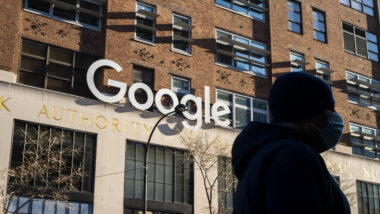Die New York Times hat wieder eine interessante Auseinandersetzung in ihrem „Room for Debate“. Thema ist diesmal die Frage, was denn ein Sputnik-Moment für die Informatik sein könnte: Computer Science’s ‚Sputnik Moment‘?.
Computer science is a hot major again. It had been in the doldrums after the dot-com bust a decade ago, but with the social media gold rush and the success of „The Social Network,“ computer science departments are transforming themselves to meet the demand. At Harvard, the size of the introductory computer science class has nearly quadrupled in five years. The spike has raised hopes of a ripple effect throughout the American education system — so much so that Mehran Sahami, the associate chairman for computer science at Stanford, can envision „a national call, a Sputnik moment.“ What would a „Sputnik moment“ entail today? Will the surge of students into computer science last, and could it help raise American educational achievement?
Hier sind einige interessante Debatten-Beiträge:
Jonathan Zittrain: Encourage More Hackathons.
Jeannette M. Wing: Software as Self-Expression.
Zeynep Tufekci: Change the Cowboy Culture.
Chris Wiggins: Grass Roots, Not Government.




Der Sputnik-Moment der Informatik war, als Richard Stallman bei einer Firma nach dem Quellcode für einen Druckertreiber nachfragte, und diese Firma ihm diesen nur nach Unterzeichnung eines Non Disclosure Agreements aushändigen wollte, was er ablehnte. Dies kam zu einer Zeit, als die ursprünglich immer frei programmierte Software durch das Aufkommen proprietärer Software-Geschäftsmodelle verdrängt zu werden drohte. Stallman initiierte daraufhin die Gegenreaktion in Form der Gründung des GNU-Projekts und der Institutionalisierung freier Software in Form von FOSS-Lizenzen.